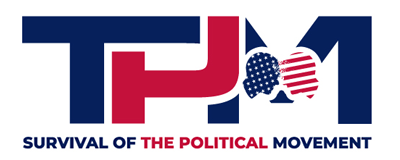Skilled Trades Are the New Dream Jobs

Gen Z’s constant scrolling on social media might be leading them to new career choices. A recent report from Thumbtack shows that 55% of Gen Z are now thinking about skilled trades as a career, up 12% from last year. Surprisingly, this includes college grads, too—72% of them see trades as a real option. What’s causing the shift? The appeal of “Instagrammable” trades is a big part of it.
Now, we all know Gen Z loves authenticity. They’d rather see “real” job moments—both the good and the gritty. That’s where the skilled trades come in. Thumbtack’s report shows that 67% of Gen Z grads, including 78% of college grads, say social media has boosted their interest in jobs like carpentry, plumbing, and welding. They’re into the idea of showing off a job well done, complete with calloused hands and all, instead of just another day in a cubicle. Even pros in the trades (60% of them) are calling their careers “Instagrammable,” bringing some real-life grit to social feeds.
But let’s not give social media all the credit. Parents are still the biggest career influencers for Gen Z. It helps that 84% of parents and Gen Z alike have high respect for skilled trades. After all, these jobs offer something an office can’t: a solid income, hands-on work, and the chance to be your own boss. Plus, trades are a ticket to start making money faster—something college degrees don’t always promise.
The only catch? Access. Just 41% of Gen Z said they had trade programs in school. When these programs are offered, though, students love them—shop class is a favorite for 83% of those who took it. Skilled Careers Coalition, a group working to close the skills gap, sees this shift as “inspiring.” Their Skills Jam platform even spotlights young pros in trades, hoping to motivate more Gen Zs to consider careers as engineers, electricians, and welders.
In the end, while college and the military might be classic paths, social media is showing Gen Z a different way forward—one where their career stories come with tools, not textbooks.

